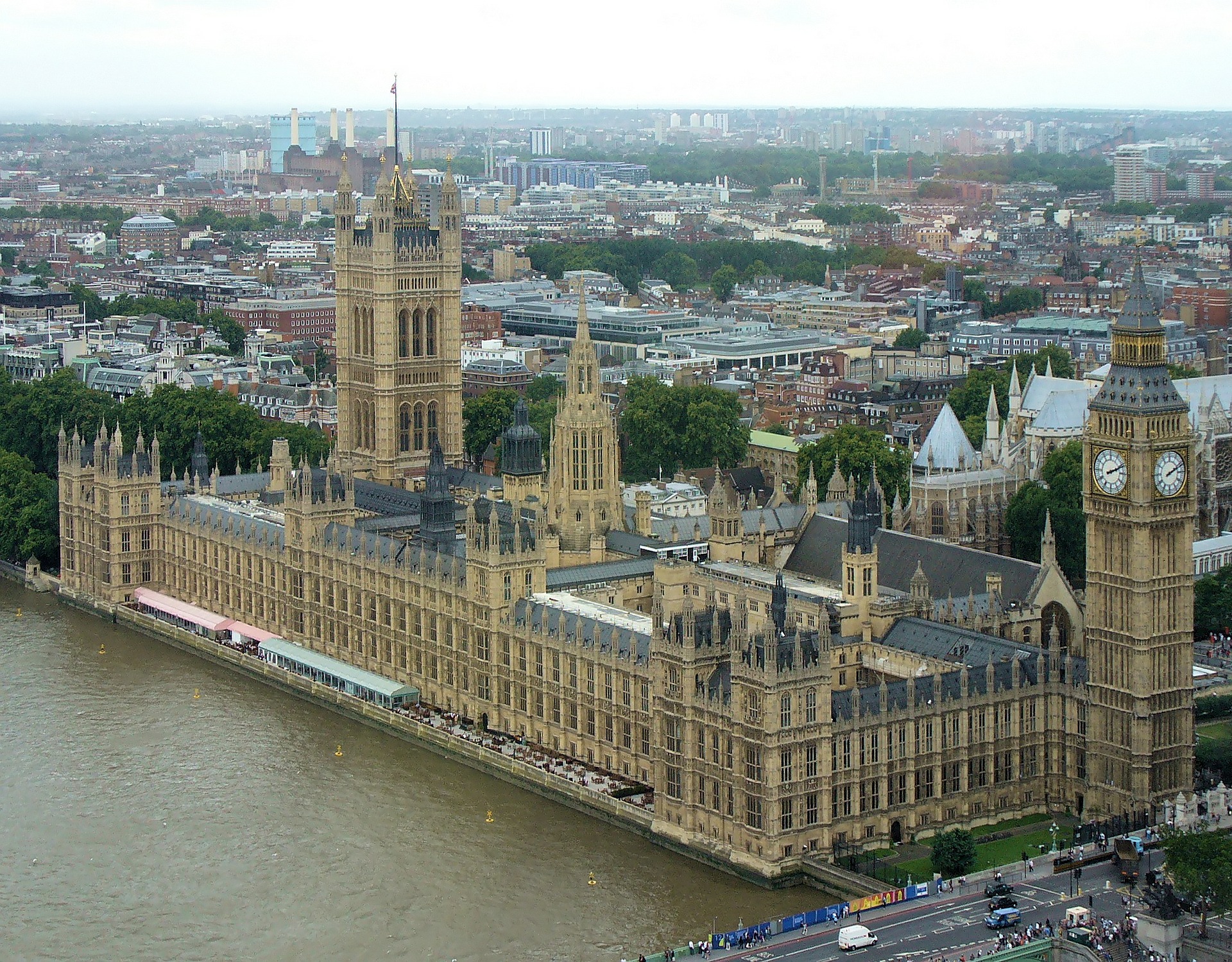Living in the UK means that we live in a political system based on democracy. But let’s break this down, what exactly is a ‘democracy’?
Well, the word democracy comes from the ancient Greek word ‘Demos’ which simply means ‘rule of the citizens’. Now we have come a long way from ancient Greece, however, the main principle still remains relevant. Democracy, according to sociologists Scott and Marshal, is a system of politics that represents the views of the whole society, it’s “designed to allow all citizens to have a voice in decisions that would affect all”.
Having clarified the essence of democracy then, I ask you:
- Do we truly live in a democratic society?
- Are the views of our whole society represented in Parliament?
- Is everyone’s voice being heard?
I don’t know about you but I think not, and here’s why…
Focusing specifically on socioeconomic inequalities within society I’ll illustrated to you why Britain’s political system is not worthy of the label ‘democracy’. For reference to the categorisation of socioeconomic groupings, used later in the graphs, see Figure 1.

Figure 1: Social Grade categories: explained. Source: Dempsey and Johnston, 2018
Society itself evidently see the inequalities in our political system, people from lower economic backgrounds have expressed, more so than other economic grades, that their views are overlooked by the political system, as evident in Figure 2.

Figure 2: Political attitudes according to social grade. Source: Dempsey and Johnston, 2018.
But not only is this inequality felt amongst the working class community, but there is also plenty of data that denote how these inequalities are directly impacting political engagement. As you can see in this graph in Figure 3, the social grade is directly proportional to the number of people who are willing to politically engage, with the highest social grade, the wealthiest in society, who show the most interest in politically engaging. This gives us a clear link between the feelings of the working class of not being represented and then their lack of turn out to vote.

Figure 3: Political activity based on social grade. Source: Dempsey and Johnston, 2018.
The statistics are there in plain sight, the general election in 2015 showed us that 20% fewer people, from low socio-economic backgrounds, voted (see Ipsos Mori for more information).
So what do we do with all this shocking and infuriating data, data that shows us our democracy is broken, that there are whole groups in society not politically active?
Firstly, one must look at why this inequality in politics exists and how we could tip the scales back into balance.
I for one think we need to start with ensuring our political system is governed by people who are truly representative of our society. Parliament has a long way to go before this is the case. As it currently stands 82% of MPs are university graduates, 24% have attended Oxbridge and 29% have been educated at private schools, according to Parliament’s own statistics.
However, this is in no way, shape, or form, representative of the general population. One Guardian newspaper article stated that only about 27.2% of Britain’s population have degrees or qualifications that are equivalent.
What these statistics really highlight is the shocking gap between us, the general public, and the people that represent our interests, ambitions and voices in politics. The biggest gap being present for the working class, who are often completely alienated from politics. My argument here is that it’s not the working class population who are to blame for their lack of political engagement, but it is indeed the system that we should point to for blame.
How can the poorest among our society, many of whom rely on food banks, relate in any way to the suited and booted politicians – the majority of which live lavish lifestyles. We can not be surprised then that it is this demographic who are least likely to vote. Perhaps instead of seeing these figures as a sign of apathy from the poor, the government should see it as evidence of a failed political system. The interest of Britain’s poorest can not go on being ignored by rich politicians and people from the highest social grades who continue to better themselves at the expense of many others within society. Jonathan Pie vocalises this exact point in this blunt but ever so truthful satirical video:
The British political system is labeled a democracy; so, let’s stop pretending to be one and genuinely become one. A society where people are represented no matter the figure in their bank account. Where politics is for everyone and done by everyone.
_____________________________________________________________________________
Teresa Salawa-Adam is a freelance writer.




